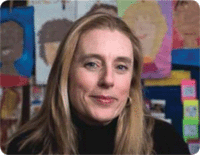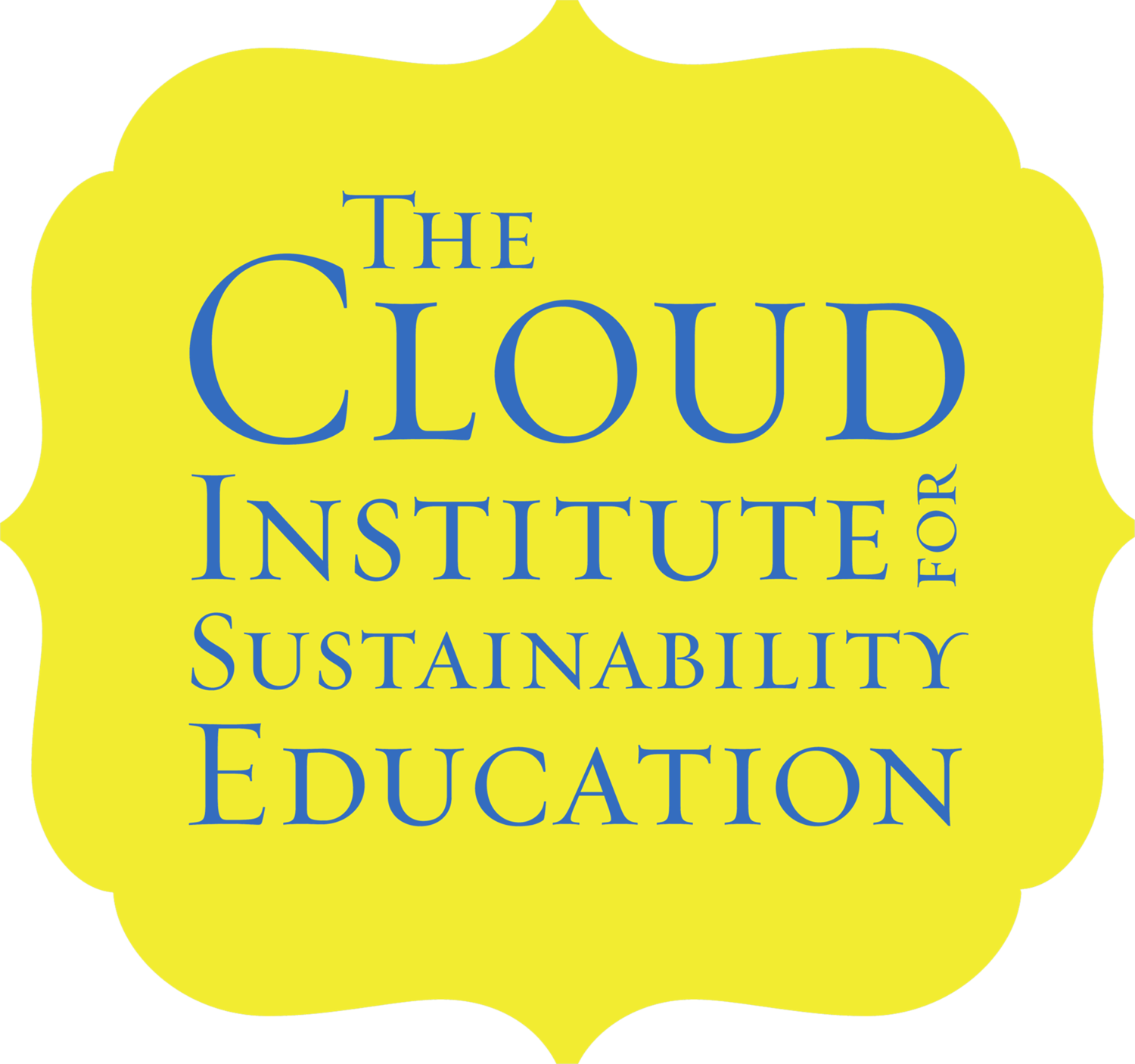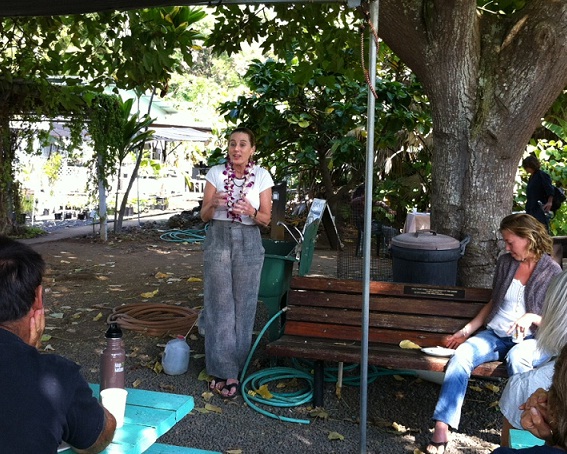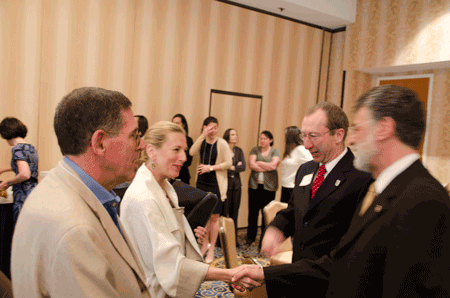Reflections on ‘Happiness and Wellbeing: Defining a New Economic Paradigm’. By Jaimie Cloud
/On April 2nd of this year I attended a meeting at the U.N. Hosted by The Prime Minister of the Kingdom of Bhutan, Lyonchhen Jigmi Y. Thinley entitled, ‘Happiness and Wellbeing: Defining a New Economic Paradigm’. Bhutan is famous for developing the Gross National Happiness Index, a stunning measure of sustainable development that takes a holistic approach towards notions of progress and gives equal importance to both economic as well as non-economic aspects of wellbeing. In attendance at the full day meeting were, Her Excellency Ms. Laura Chinchilla, President of the Republic of Costa Rica, H.E. Ban Ki-moon, Secretary-General of the United Nations, Nobel Prize winner Joseph Stiglitz, our U.S. based friends and colleagues Mathis Wackernagel (The Ecological Footprint), Bob Costanza (Ecological Economist and Professor and Director of the Institute for Sustainable Solutions (ISS) at Portland State University), Hunter Lovins (Co-Author, Natural Capitalism) and Gifford Pinchot (Bainbridge Graduate Institute), and the list goes on. It was thrilling to see and hear so many important dignitaries talking about the need for alternative indicators to the Gross Domestic Product (GDP) and about re-thinking what we really want and how to measure what really counts. The Cloud Institute and other educators for sustainability have been educating young people and educators about that since 1995.
April 2nd of this year I attended a meeting at the U.N. Hosted by The Prime Minister of the Kingdom of Bhutan, Lyonchhen Jigmi Y. Thinley entitled, ‘Happiness and Wellbeing: Defining a New Economic Paradigm’. Bhutan is famous for developing the Gross National Happiness Index, a stunning measure of sustainable development that takes a holistic approach towards notions of progress and gives equal importance to both economic as well as non-economic aspects of wellbeing. In attendance at the full day meeting were, Her Excellency Ms. Laura Chinchilla, President of the Republic of Costa Rica, H.E. Ban Ki-moon, Secretary-General of the United Nations, Nobel Prize winner Joseph Stiglitz, our U.S. based friends and colleagues Mathis Wackernagel (The Ecological Footprint), Bob Costanza (Ecological Economist and Professor and Director of the Institute for Sustainable Solutions (ISS) at Portland State University), Hunter Lovins (Co-Author, Natural Capitalism) and Gifford Pinchot (Bainbridge Graduate Institute), and the list goes on. It was thrilling to see and hear so many important dignitaries talking about the need for alternative indicators to the Gross Domestic Product (GDP) and about re-thinking what we really want and how to measure what really counts. The Cloud Institute and other educators for sustainability have been educating young people and educators about that since 1995.
It was an amazing event and I was very proud to be included in the conversation. I would have loved to see a public figure from the field of PreK-12 Education for Sustainability included in a panel. It is, however, not uncommon for the leaders of professional sectors engaged in the shift toward sustainability (business, economics, government, higher education, architecture and design) to inadvertently leave out the Pre-K-12 Education sector in their deliberations. It is a commonly held belief that Pre-K-12 education requires a twenty year return on investment period—in other words, that it will take twenty years before the children who are educated for sustainability will grow up and make a difference that can contribute to sustainability. This, of course, is not true. It is, in fact, the children and young people who are educated for sustainability that are “making the difference that makes the difference” (Gregory Bateson) right now. They have everything to gain from the new paradigm and everything to lose in the old one. They get that more than most. See our Inspiring Kids section for evidence.
Working documents and frameworks from the initiative and from the meeting:
http://www.www.2apr.gov.bt
http://www.2apr.gov.bt/images/stories/pdf/unresolutiononhappiness.pdf
http://www.earthinstitute.columbia.edu/sitefiles/file/Sachs%20Writing/2012/World%20Happiness%20Report.pdf
http://www.gnhusa.org


